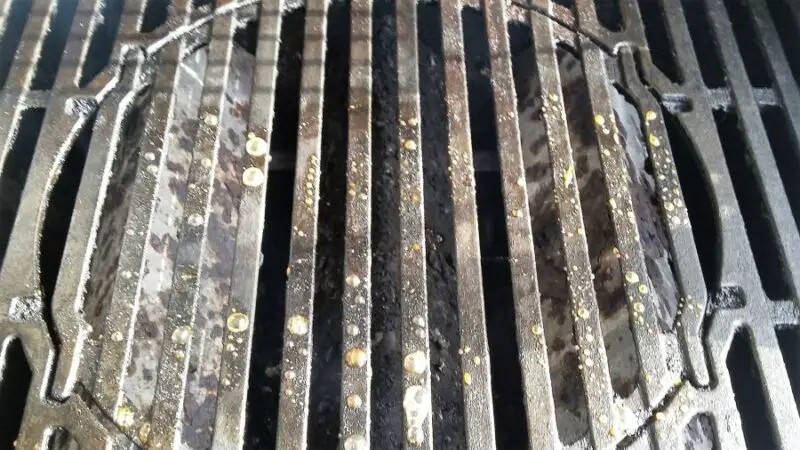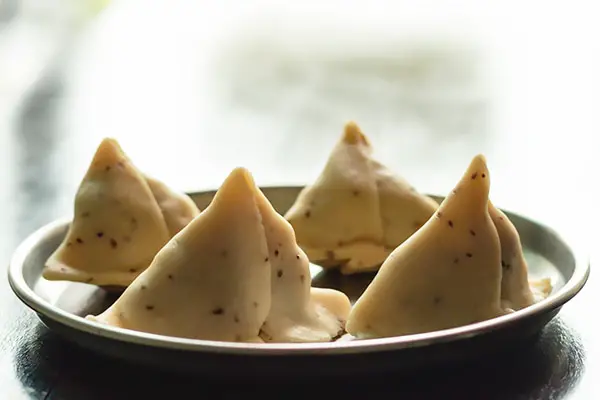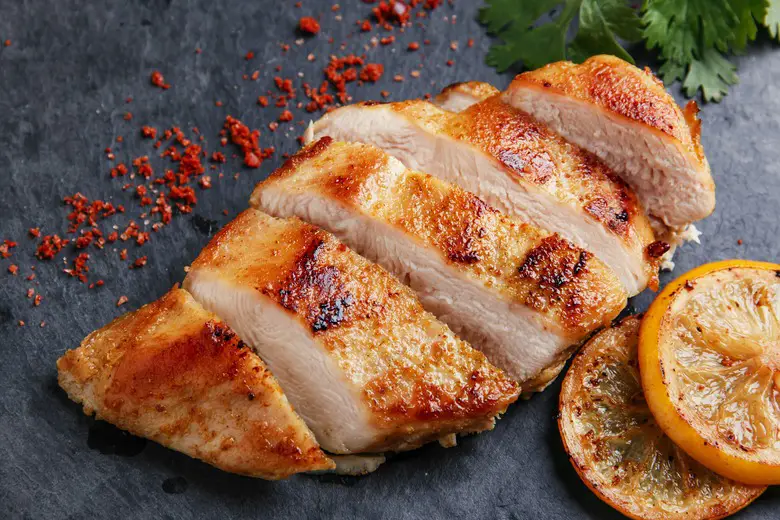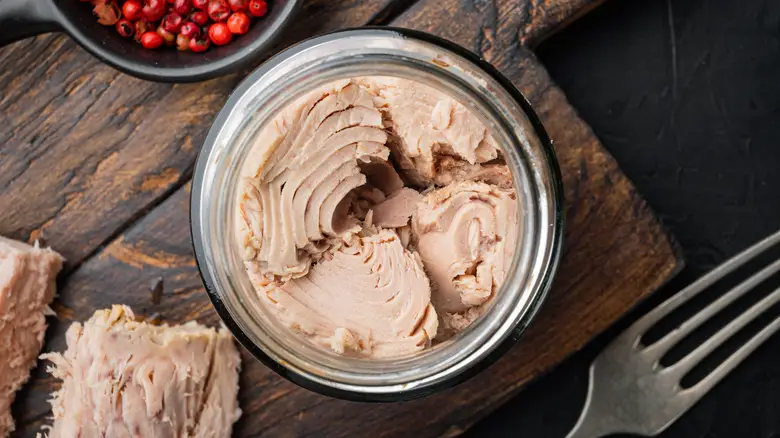How to Store Cooked Liver
Introduction
When it comes to storing cooked liver, there are a few factors that you need to consider to ensure the liver stays fresh and safe to eat. Proper storage will help maintain the flavor and texture of the liver, along with preventing spoilage or contamination. In this article, we will cover how to store cooked liver, including factors you need to consider, choosing the right container for storage, tips for proper storage, freezing liver properly, thawing and reheating safely, how long you can store liver, and the health benefits of eating cooked liver.
Factors to Consider When Storing Cooked Liver
One of the most crucial factors when storing cooked liver is temperature. You want to make sure that the cooked liver is refrigerated or frozen at a safe temperature in order to prevent bacterial growth. According to the US Department of Agriculture (USDA), cooked meat should be stored at below 40°F in your refrigerator and below 0°F in your freezer.
Humidity is another factor that comes into play when storing cooked liver. If the humidity is too high, it can cause condensation on your food containers and ruin the quality of stored food. To avoid this issue, make sure your containers are completely dry before storing your cooked liver.
Duration of storage is also important when considering how long you can keep your cooked liver. According to the USDA guidelines, cooked meat can be stored in the refrigerator for up to four days and in the freezer for up to four months.
Choosing the Right Container for Storage
Choosing the right container for storing cooked liver can make all the difference when it comes to preserving its freshness. There are several types of containers available on the market today, each with their own pros and cons.
Plastic containers are commonly used for storing food because they are lightweight, durable, and easy to clean. However, they may not be as airtight as glass or metal containers. This means that your cooked liver may be exposed to unwanted oxygen and moisture while stored in plastic containers.
Glass containers, on the other hand, are airtight and will keep your food fresher for longer. They are also microwave safe and can be used for baking as well. However, they can be heavy, breakable, and more expensive than other types of containers.
Metal containers are often used for long-term storage since they are durable and airtight. They come in a variety of sizes but tend to be more expensive than plastic or glass containers. Keep in mind that some metals can react with acidic foods like liver, so it’s important to choose the right type of metal container.
Tips for Proper Storage
When storing cooked liver, it’s important to wrap it properly before placing it in the appropriate container. This will help keep oxygen out and prevent your liver from drying out.
A good way to wrap cooked liver is by using plastic wrap or aluminum foil. Make sure you tightly wrap the meat to remove any excess air pockets that could cause freezer burn.
If you want to store your cooked liver in a container, make sure it is sealed tightly with an airtight lid or plastic wrap. Another tip is to use a vacuum sealer machine if you have one available. This will remove all the air from the container and keep your liver fresh for longer.
To avoid freezer burn or other storage issues, make sure you date your cooked liver before storing it in the freezer. This will help you keep track of how long it has been stored and when it needs to be consumed.
Freezing Cooked Liver Properly
If you have leftovers from cooking liver, freezing is an excellent way to preserve the flavor and texture until you are ready to eat it. Before putting your cooked liver in the freezer, there are a few things you should consider to ensure that your liver stays fresh and tasty.
When preparing your cooked liver for freezing, it’s important to decide whether you want to freeze it whole or in slices. Freezing liver slices is often a good idea since it makes it easier to portion out when needed.
One way to keep your cooked liver from becoming dry is by adding some broth or gravy before you freeze it. This will help keep the moisture in and prevent freezer burn.
Thawing Cooked Liver Properly
When it comes time to defrost your cooked liver, it’s important to do so using safe techniques to avoid spoilage or contamination.
Safe thawing techniques include using the refrigerator, cold running water, or a microwave oven. The USDA recommends defrosting meat with cold water only if the food will be cooked right away. If you prefer using the microwave, make sure you check the manufacturer’s instructions for how long and at what settings the food should be microwaved.
Once your cooked liver is thawed, handle it carefully and cook thoroughly before serving.
Reheating Cooked Liver Safely
If you have stored your cooked liver in the refrigerator or freezer, there will always come a time when you want to reheat it before eating. When reheating, use slow and gentle techniques such as low heat on the stovetop or low power in the microwave.
The recommended internal temperature for reheating meat like cooked liver is 165°F. Cooking it too long can result in overcooking and dryness. If you want your liver to have crispy edges while reheating, place it under a broiler or in a hot pan for a few minutes but watch closely to avoid overcooking.
How Long Can You Store Cooked Liver?
General guidelines suggest that cooked liver can typically be stored in the refrigerator for up to four days and up to four months in the freezer. However, the cooking process and storage method will affect how long the liver stays fresh.
Liver prepared with high salt content or spices has a longer shelf life than liver that is plain or that contains minimal seasoning. The temperature at which the meat is stored will also determine how long it will last. Freezing cooked liver for about seven days can help maintain its texture and flavor.
The Health Benefits of Eating Cooked Liver
Finally, it’s worth noting that while cooked liver may be tasty, it also offers numerous health benefits. Iron, vitamin B12, folate, and other essential vitamins and minerals can be found in cooked liver. These nutrients help support healthy blood cells, brain function, and immune function.
Conclusion
In conclusion, properly storing cooked liver is essential for maintaining its freshness and keeping it safe to eat. Choosing the right container, wrapping it well before storage, freezing and thawing techniques, reheating liver safely while preserving its flavor and texture are crucial. With these tips in mind, you can enjoy delicious cooked liver while reaping the benefits of its nutritional value.
Can I freeze cooked liver?
Yes, you can freeze cooked liver. It is best to let it cool down first before wrapping it tightly with foil or freezer bags. Be sure to label it with the date and use it within three months for optimal flavor and texture.
What is the best way to reheat frozen liver?
The best way to reheat frozen liver is by letting it thaw overnight in the refrigerator. Once completely thawed, slice it into smaller pieces and heat it up in a pan on low heat, stirring occasionally until warmed through.
Can cooked liver be stored in the fridge?
Yes, cooked liver can be stored in the refrigerator for up to 3-4 days if kept in an airtight container. It’s ideal to store it in the back of the fridge where temperature is cooler and constant.
Are there any tricks to keep cooked liver from drying out when stored?
To help prevent cooked liver from drying out when storing, you can add a little bit of broth or sauce to it before wrapping it up. This extra moisture will help maintain its tenderness and juiciness. Alternatively, you can store it together with steamed rice or stew so that the liquid will also moisten the meat during storage.






